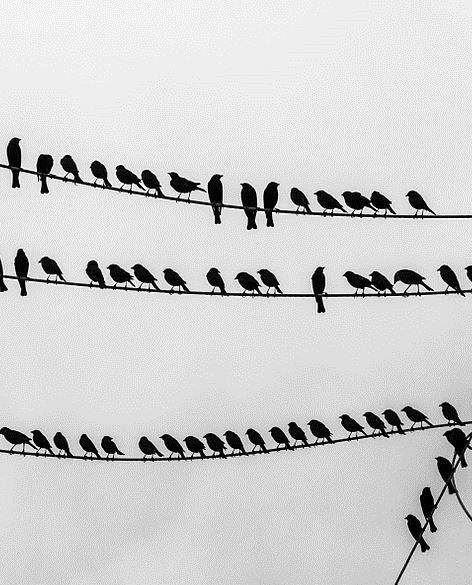🎓 “The Wire is to the current world what Dickens was to the society of the industrial revolution”
A TV series as a pretext to analyse the background currents of our society, this is the point of view that Jorge Martínez Lucena and Javier Cigüela, both teachers of our University, develop in the book “The Wire University. Ficción y sociedad desde las esquinas” [“The Wire University. Fiction and society from the corners”]
Fecha: Monday, 27 de March de 2017 a las 17:45h
“The Wire is to the current world what Dickens was to the society of the industrial revolution”
A TV series as a pretext to analyse the background currents of our society, this is the point of view that Jorge Martínez Lucena and Javier Cigüela, both teachers of our University, develop in the book “The Wire University. Ficción y sociedad desde las esquinas” [“The Wire University. Fiction and society from the corners”]. As Javier Cigüela points out, TV series have taken over films on their function of mirroring social realities, and “The Wire” may be the one that provides more nuances in this portrait.
What offers “The Wire” different from other TV series that are also set in criminal contexts?
Javier Cigüela: “The Wire” portrays in a very complex way, without simplifying between good and evil, a large part of the ills affecting our society. Those are in part associated to the crisis of post-industrial capitalism: unemployment caused by automatization and offshoring, the excessive connection between the political and economic powers, or the inability of the State to face the social complexity produced by economy itself.
It offers a much more political vision of criminality, that escapes from the point of view that it is something exotic, mysterious and intriguing, to describe it as a phenomenon integrated in all spheres of society, to the point in which sometimes it is difficult to differentiate a crime from a “normal” practice.
“The Wire” has been included in the syllabus of universities such as Oxford and Berkeley. What aspect of the series justifies this decision?
J.C.: It is included in syllabus of sociological, criminological and audiovisual studies. The aspect that justifies this decision is, basically, its cinematographic and script quality, that equates it to any great contemporary novel. And of course, its theoretical depth, in the sense that its description of social problems of the contemporary world is so complex, that within it is integrated the best anthropology, the best sociology and the best political philosophy.
What is the main lesson that gives us “The Wire”?
J.C.: That in our societies we have reached such level of complexity that whatever happens, be it good or evil, cannot be explained solely with the good or bad intentions of individuals. It is necessary to go beyond that, and explain what processes, what dynamics and what social structures are leading the current society to certain places almost by sheer force of habit.
Even if it looks like a contradiction, it also shows that there is always space for humans to modify the course of action and commit to improve those around them.
Does it work better as denounce or as symptom?
J.C.: It works better as symptom, in the sense that it provides a very useful material for each of us to make a critic judgement about the society we all live in, and the kind of political, economic and labour organisations that we are creating.
Are TV series one of the best media to understand the deep currents of modern society?
J.C.: Undoubtedly, they have surpassed films as the producer of social imagery, and some of them are reaching very high levels of script quality; in the case of The Wire, its script would be to our post-industrial world what any great novel of Dickens was to the incipient industrial world.

|
|


